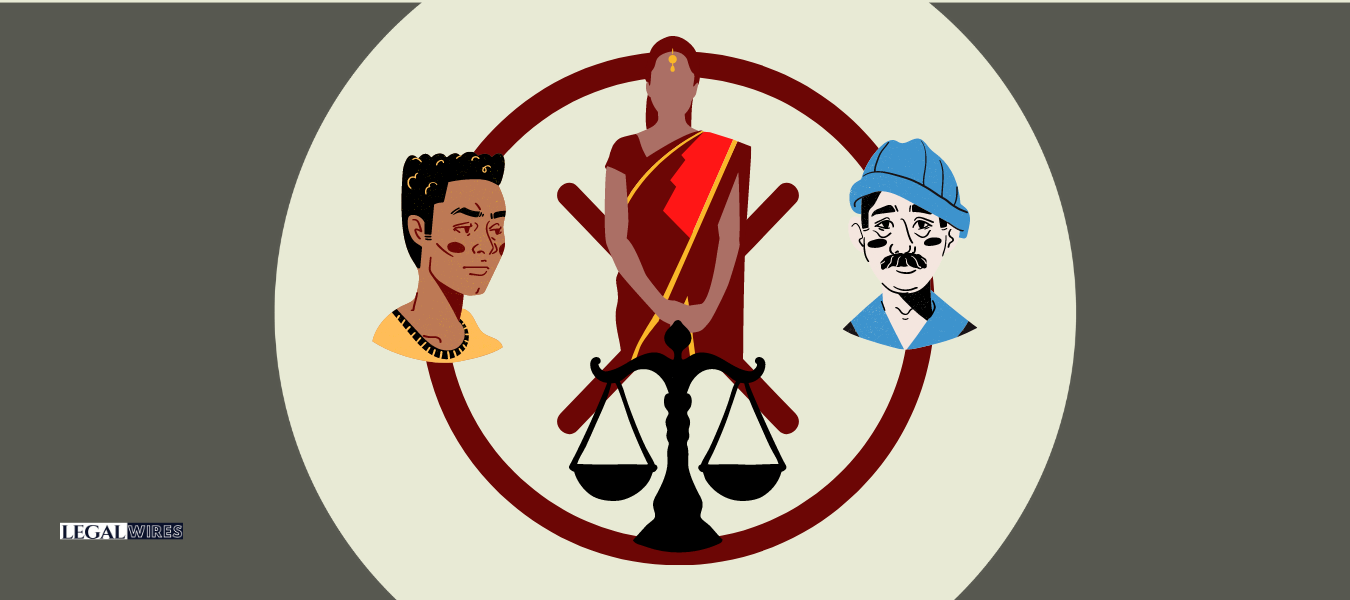Citation: AIR 1960 Cal 438 Date of Judgement: 18th December,

Automated compliance and legal drafting
Citation: AIR 1960 Cal 438
Date of Judgement: 18th December, 1959
Bench: S. Datta
Facts:
- On 10-07-1959, marriage of Amar Kanta Sen and Sovana Sen was dissolved by court order on the ground of adultery.
- On 17-08-1959, application was made by Sovana Sen for the permanent maintenance at a sum of Rs. 350/- or any sum which this Hon’ble Court may think proper be directed to be paid to her by the respondent Mr. Amar Kanta Sen.
- Sovana Sen stated in the application that she belongs to a respectable family and was married to a respectable person and was throughout accustomed to a decent way of living. She further stated that she was not in good health and was unable to support herself and doesn’t have anyone who will support her financially. She further stated that her monthly expenses came to about Rs. 315/- pm. She also further stated that she had incurred heavy debts to the extent of Rs. 4000/- to maintain herself in her lonely and destitute condition. She stated that her husband was drawing a salary of Rs. 1700 pm.
- On 28-8-1959, Husband filed and affidavit in opposition of application made by his wife. He asserted that, asserted that he received a net salary of Rs. 879.90 pm and the salary was not Rs. 1,700/-. It was also mentioned that she had committed adultery not only with Purnendu Roy but also with two other gentlemen. It was further denied that her monthly expenses amounted to Rs. 315/- or that she had incurred a debt of Rs. 4000/-. It was also contented that applicant was selected for appointment and offered an appointment as Assistant Producer (Music), All India Radio, New Delhi.
- On 7-9-1959, she denied the allegations made by husband in opposition and prayed that the court should not take any notice of the said allegation in the affidavit in opposition.
Issue:
Does a husband is liable to provide maintenance to wife after she is guilty of adultery?
Reasoning:
Yes
Court referred to English law and Hindu law, and found that there is a very little difference in both. In Ashcraft v. Ashcraft and Roberts[1], court referring to Sec 32 of Matrimonial Clauses Act, 1857 held that it has discretion to allow to secure minimum amount for a guilty wife without any means of subsistence and unable to earn. Similarly, in Squire v. Squire and O’Callaghan[2], it was held that wife should be maintained and made to feel that her livelihood depends upon on her leading a chaste life in the future.
Under the Hindu law, court took the reference of Sec 25 of Hindu Marriage Act, 1955 which provides that maintenance is to be paid till the receiving party remained single or chaste. In “Principles of Hindu Law” by D. F. Mulla. 12th Edition also, this point is summarized as follows;
“A wife who persists in following a vicious course of life, forfeits her right to maintenance even though it is secured by a decree. But it would seem that if she completely renounces her immoral course of conduct, her husband is liable to furnish her with a bare or what is also called starving maintenance, that is, food and raiment just sufficient to support her life. The burden of proving that the erring wife has returned to purity is on the wife herself.”
So, in the present case, applicant is entitled to a bare subsistence allowance or starving allowance. When she is earning a living and is not in helpless position her right to maintenance, even of the bare subsistence disappears as the allowance is meant to prevent ‘starvation.’ In these circumstances she is not at all entitled to any allowance after 17-9-1959 when she joined the service.
Judgement:
Court held that applicant is entitled to maintenance of Rs 79.33 np. from the date of the dissolution of marriage between the parties on 10-7-1959 till 17-9-1959 when she joined the All India Radio at Delhi that to just as a starving allowance as she was found unchaste.
[1] 1902 P. 270.
[2] 1905 P. 4.


